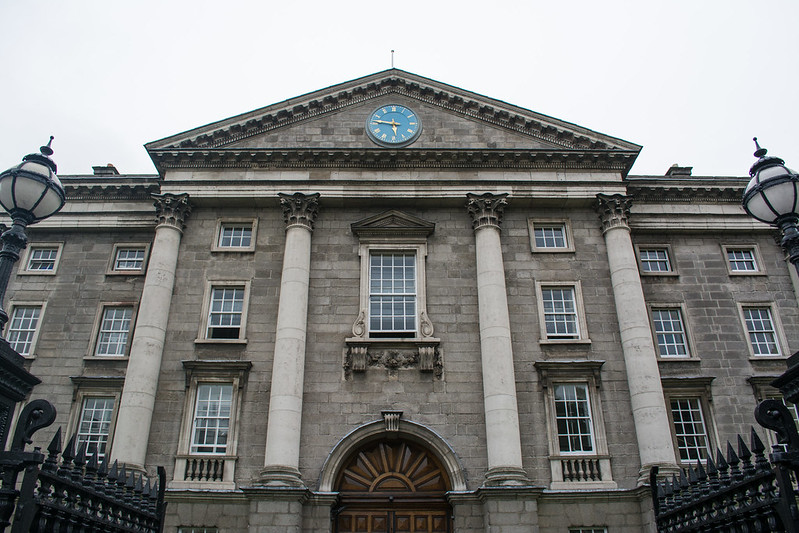Students will have to wait an extra three weeks to hear the results of their summer assessments, as a result of the extension of the exam period and the slew of alternative assessment methods Trinity has put in place.
Extracts of an internal memorandum approved by University Council yesterday – obtained by The University Times – reveal that Trinity has pushed back the release of students’ marks and will start releasing them on Monday, June 15th.
The deadline for the return of marks by markers – including courts of examiners – is the Friday before, June 12th.
The document, approved by Council yesterday, says that the date for return of marks must “naturally be pushed at least two weeks later than it would have been”, and proposes extending the period for an additional, third week to account for the difficult circumstances facing many staff members at this time”.
Marking was previously due to take place in a three-week period that ended on Friday, May 22nd.
The memorandum, presented by Senior Lecturer Kevin Mitchell, Vice-Provost Jurgen Barkhoff and Dean of Graduate Studies Neville Cox, acknowledges the circumstances of staff members “who are now having to care for young children at home, who may be looking after elderly relatives, or who are struggling in other ways”.
Yesterday, The University Times revealed that College was to reject a no-detriment policy to be implemented in this year’s upcoming summer assessments.
Council opted instead to approve a number of alternative measures to ensure that students’ performance is not negatively impacted by the coronavirus pandemic.
These alternative measures include allowing students to resit modules even if they’ve passed them, or to retrospectively defer assessments if they feel their performance has been affected – which it says “should achieve mitigation against possible negative effects on students’ academic performance”.
Trinity will also allow students to pass the year, no matter how many modules they fail, as long as their overall mark is over 40 per cent.
Students can opt to defer examinations without proof, and boards of examiners will be urged to use their discretionary powers with “greater latitude” to adjust final-year grades upwards if they think a student’s grade is “significantly lower” as a result of the circumstances.
Transcripts will note the modules that were taken during the current crisis.
This, College hopes, “will flag the exceptional mitigating circumstances to any prospective employers” – as part of a set of measures it says “would collectively recognise and substantially mitigate the difficulties faced by students, ensure the minimal impact on the crisis on progression, and allow students who feel disadvantaged in the grades they have achieved a second shot at the assessment”.







